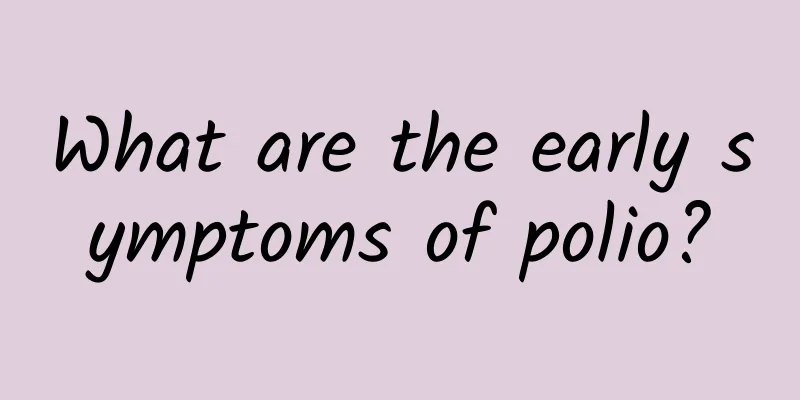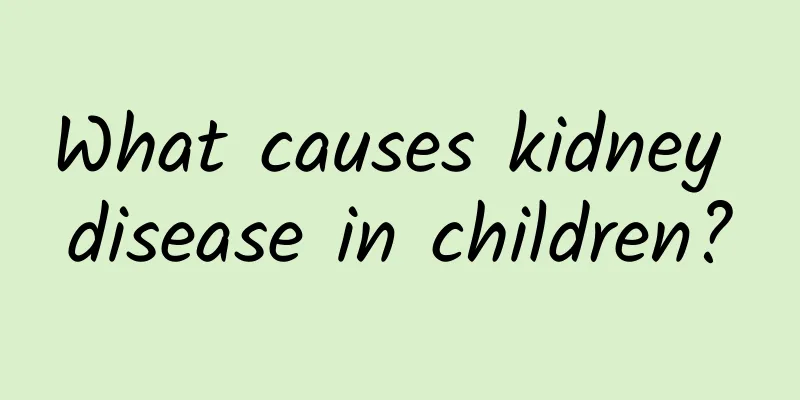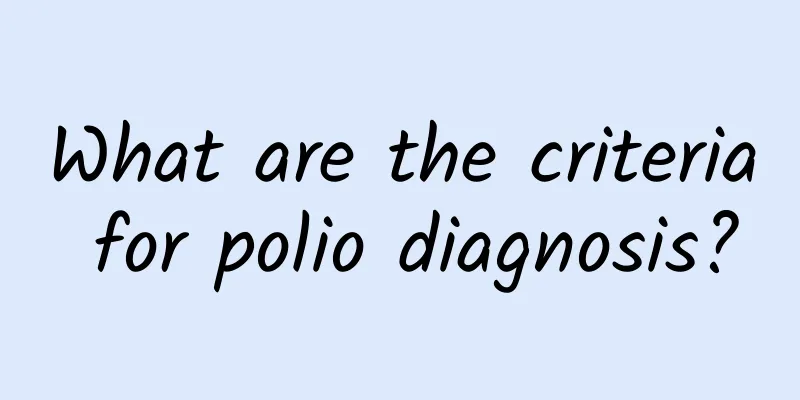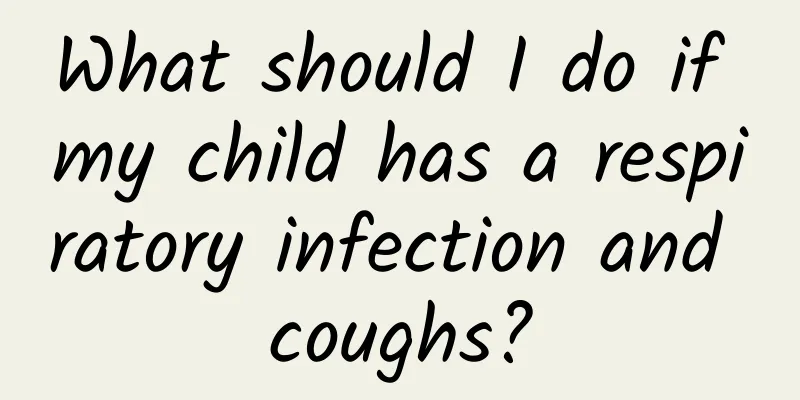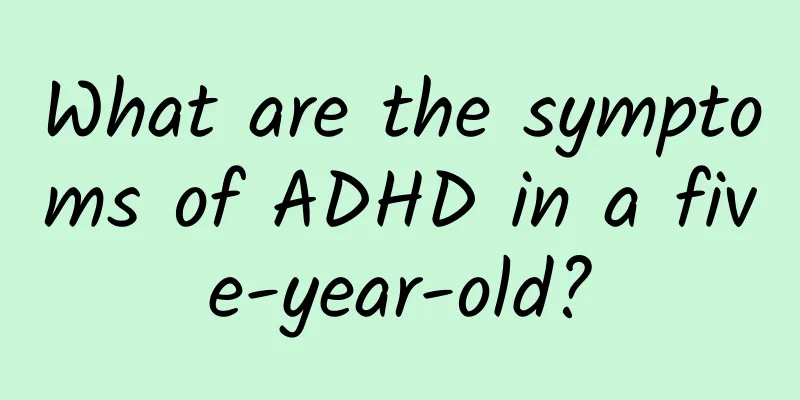What are the causes of jaundice in babies?
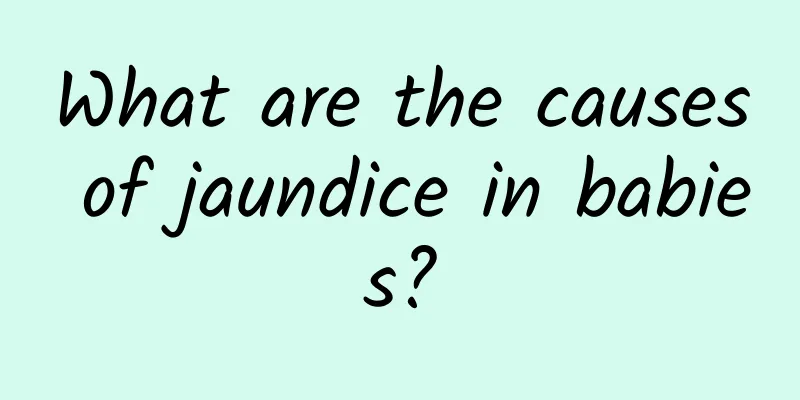
|
Infant jaundice is mainly caused by the physiological characteristics of the newborn, maternal and infant factors or underlying diseases. It is key to distinguish physiological jaundice from pathological jaundice in a timely manner. Physiological jaundice usually does not require special treatment, but pathological jaundice requires medical diagnosis and treatment as soon as possible. 1 Physiological characteristics of newborns: The liver of a newborn is not fully developed yet, and its ability to break down bilirubin is weak, which is the main cause of physiological jaundice. Most newborns will develop jaundice 2-3 days after birth, reaching its peak 4-6 days later and disappearing naturally after 1-2 weeks. For premature babies, jaundice may last longer because of their more imperfect liver function. Physiological jaundice usually does not require treatment, just close observation of the baby's mental state, feeding situation and degree of jaundice. 2 Environmental factors and mother-child relationship: Breast milk jaundice: Some breastfed babies may develop breast milk jaundice due to the substances in breast milk that inhibit the liver from clearing bilirubin. Breast milk jaundice usually occurs about 1 week after birth and lasts for a long time, but it does not affect the baby's normal development. If it is serious, breastfeeding can be temporarily stopped for 2-3 days, and then gradually resumed. Neonatal hemolysis: Incompatibility of maternal and fetal blood types, such as ABO or Rh blood type incompatibility, can lead to hemolysis, accelerate bilirubin production, and cause pathological jaundice. In this case, it is necessary to test under the guidance of a doctor and perform blue light irradiation, exchange transfusion therapy, or immunotherapy. 3 Physiological and pathological disease factors: Some congenital or acquired diseases may also cause pathological jaundice, such as neonatal hepatitis, biliary atresia, infection, etc. Neonatal hepatitis: Liver function is damaged due to viral or bacterial infection. Antiviral drugs and supportive therapy are required to maintain liver function. Biliary atresia: This is a more serious disease. If your baby has white stools, dark yellow urine, or worsening jaundice, you should seek medical attention immediately. Treatment options include surgery such as the Kasai procedure or a liver transplant. Genetic diseases: such as glucose-6-phosphate dehydrogenase deficiency, which can lead to hemolysis and thus jaundice. The treatment of such diseases is mainly to prevent the triggering factors of hemolysis. 4 Trauma and childbirth factors: Birth injuries such as scalp hematoma or red blood cell destruction due to lack of oxygen may also cause severe jaundice. In this case, the diagnosis must be made based on medical history and clinical examination, and blue light therapy, drug intervention or exchange transfusion therapy are often used. Infant jaundice can be divided into physiological and pathological types, and should be carefully judged based on the degree of jaundice, duration, and other symptoms of the baby. If the baby's jaundice continues to worsen, the mental state is abnormal, or there are pathological manifestations, please seek help from a pediatrician as soon as possible and choose targeted treatment methods to help the baby grow up healthily. |
<<: What medicine can a four-year-old child take to cure mumps quickly?
>>: What is the cause of high jaundice in newborns?
Recommend
What are the symptoms of mumps in adults?
Mumps means infection with mumps. Symptoms of mum...
Children's kidney disease follow-up examination items
What are the later examination items for children...
What kind of ointment can be used for children with eczema? 4 kinds of ointments can be used for children with eczema
At present, the most commonly used treatment meth...
Principles of examination for diarrhea in children
My child has been suffering from diarrhea recentl...
What are the methods of polio rehabilitation training?
Polio patients cannot do without polio exercise. ...
What is Hirschsprung's disease in the newborn?
Hirschsprung's disease is a congenital digest...
Differentiation of diarrhea in children
With the arrival of summer, all kinds of cold foo...
What to do after pneumonia in children
Are you still looking for medical advice for your...
The child always coughs and has a sore throat. He has allergic rhinitis.
If a child always coughs and has a sore throat or...
How to treat allergic cough in children How to use medicine for allergic cough in children
Children's body systems are not fully develop...
Can children supplement calcium in summer? What should children pay attention to when supplementing calcium in summer?
Children can take calcium supplements in the summ...
Treatment for post-polio syndrome
In life, polio is a common disease that brings se...
Effect of acupuncture and moxibustion on children's pneumonia
Neonatal pneumonia has become more common in life...
How to treat hand, foot and mouth disease
Hand, foot and mouth disease can generally be all...
Diet for children with pneumonia
Many children are prone to some respiratory disea...

